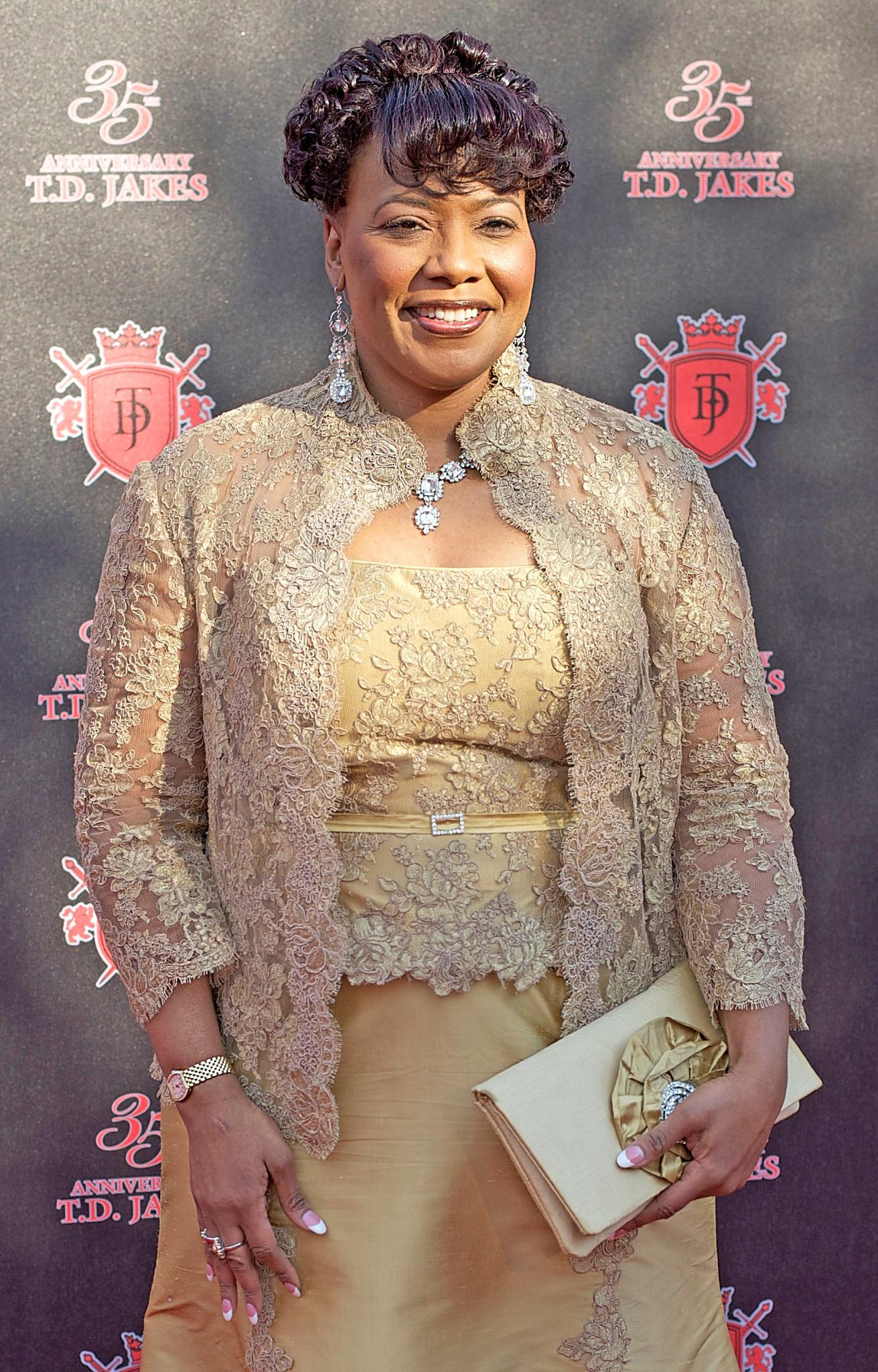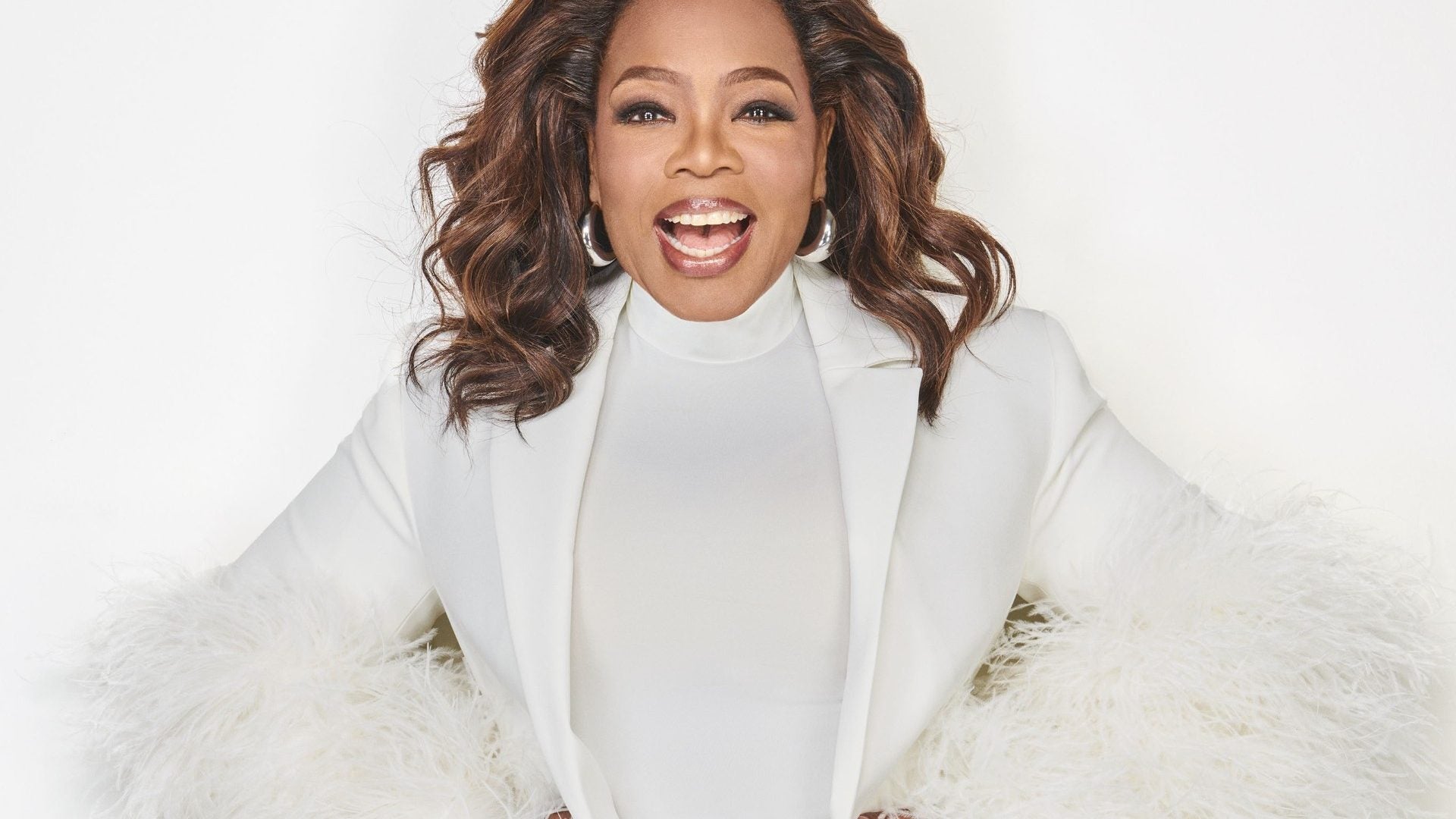
As the nation commemorates the 50th Anniversary of the March on Washington and remembers the dream of Dr. Martin Luther King Jr., the Black Women’s Roundtable, a program of the National Coalition on Black Civic Participation, kicked off the celebration by honoring women leaders of the Civil Rights Movement.
“The movement that my father led would not have happened without women,” said Bernice King, CEO of the King Center in Atlanta and the youngest child of Dr. King.
King spoke before an intergenerational audience of civil and human rights advocates in Washington, D.C., who had convened to discuss the past, present and future of women’s equality. The group remembered the work of such icons as Dorothy Height, who led the National Council of Negro Women and was often the only woman at the table of the Big 6 which included: King of the Southern Christian Leadership Conference, Whitney Young of the Urban League, Roy Wilkins of the NAACP, John Lewis of the Student Nonviolent Coordinating Committee, James Farmer of CORE and A. Philip Randolph of the Brotherhood of Sleeping Car Porters.
But, as King so aptly noted, “it was women who mobilized and organized. It’s that energy and tenacity that’s been so essential to the struggle.”
Indeed. While many are aware of the courage of Rosa Parks, few know about Jo Ann Robinson, who was head of Montgomery’s Women’s Political Council and helped organize the Montgomery Bus Boycott. And the work of women such as Diane Nash, who coordinated the Freedom Rides and Ella Baker, a mentor to the students of SNCC, has often been overlooked or marginalized over the years.
In a preacher’s cadence, King urged the crowd of mostly women to join together in the continued fight for freedom citing the deadly civil war in Egypt, the senseless deaths of Black boys around the nation and the recent setback of the Voting Rights Act by the U.S. Supreme Court. She quoted her father’s last speech, “I’ve Been to the Mountaintop,” noting that his message was about the power of the people.







“It’s about we the people,” King said. “It’s not about party. It’s not about a particular individual. It’s about the collective because the collective has always been that force that has brought about the change in our world and we can never forget that because too many times we have given our strength and our power and our direction and our vision over to systems and over to parties and it’s time for the people to collectively have a voice just like they did in the 60s. That was a people’s movement.”
Her father helped crystallize that movement in his “I Have a Dream” speech. His words galvanized a world, King pointed out, and spoke to the universality of struggle. In comparing the upcoming march to the one 50 years ago, she noted that there weren’t any presidents at the Lincoln Memorial in 1963, but next week not only will the nation’s first Black president speak at the anniversary of that historic event, but he will be joined by President’s Jimmy Carter and Bill Clinton who will also deliver remarks.
“So yes, we still have some difficult days ahead,” said King. “But we must acknowledge the fact that we have come a long way.”






